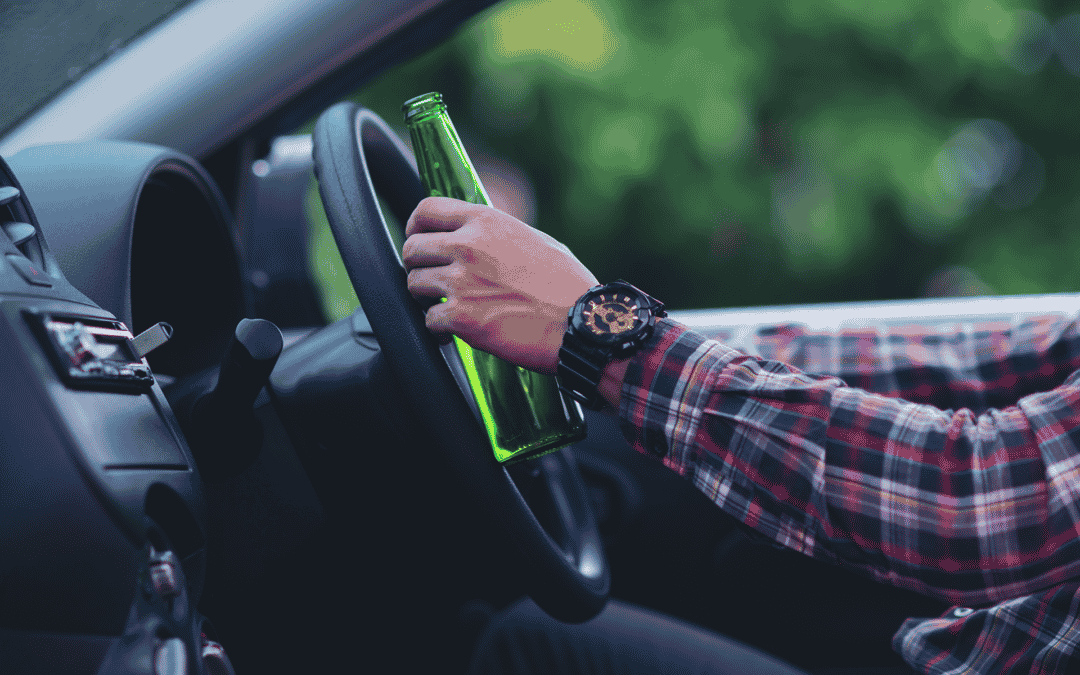Did you know that Las Vegas is one of the worst cities in the United States in terms of DUIs? In fact, in a study released in 2021 by AutoInsurance.com, Las Vegas ranks 1st in the United States for DUI arrests per capita (1,986), average annual DUI arrests (4,311), and the highest insurance rate increase after the first DUI (50.5% increase). In addition to the high rate of DUI arrests in the Valley, deadly crashes have also increased 30% this year. With DUI accidents on the rise, it’s important to prepare for the event that you find yourself in an accident where the other driver is under the influence. What can you do? How can you prove the other driver was under the influence? Here are the answers to some of the more common questions about DUI Accidents in Nevada:
How Can I Prove That the Other Driver Was Under the Influence After an Accident?
If you are involved in a collision where you suspect that the other driver was under the influence, the first thing you should do is document the make, model, and license plate of the vehicle and call 9-1-1. Law enforcement can administer a field sobriety test or chemical test to the driver to determine if they are in fact under the influence. Nevada has an “Implied Consent” law whereby by driving on roadways, drivers automatically agree to submit to an evidentiary test of their blood. Failure to do so would result in legal penalties or the suspension of their driver’s license.
What Kind of Damages Can I Sue for After a DUI Accident?
The plaintiff in a DUI accident may be able to recover damages for any expenses or loss of income that is caused as a result of the accident. Common damages that are recovered include auto repair expenses, medical bills, lost wages, and pain and suffering. If someone died as a result of the accident the plaintiff may also sue for wrongful death and any expenses related to funeral costs and loss of support.
What if I Was Partially at Fault for the Accident?
While each claim is determined on a case-by-case basis, accidents are typically the result of several causes – distracted driving, speeding, DWI, and so on. In Nevada, the plaintiff is typically entitled to receive compensation for a car accident as long as the defendant is at least 50% liable for the accident.
For example, if a driver who is under the influence swerves into your lane and hits your vehicle, but you were texting and as a result didn’t react in time to avoid the accident, it may be determined that you were partially at fault. While the plaintiff can still recover damages for the accident in this example, they would likely receive less than if they were not at fault at all.
The information provided on this website does not, and is not intended to, constitute legal advice; instead, all information, content, and materials available on this site are for general informational purposes only.

